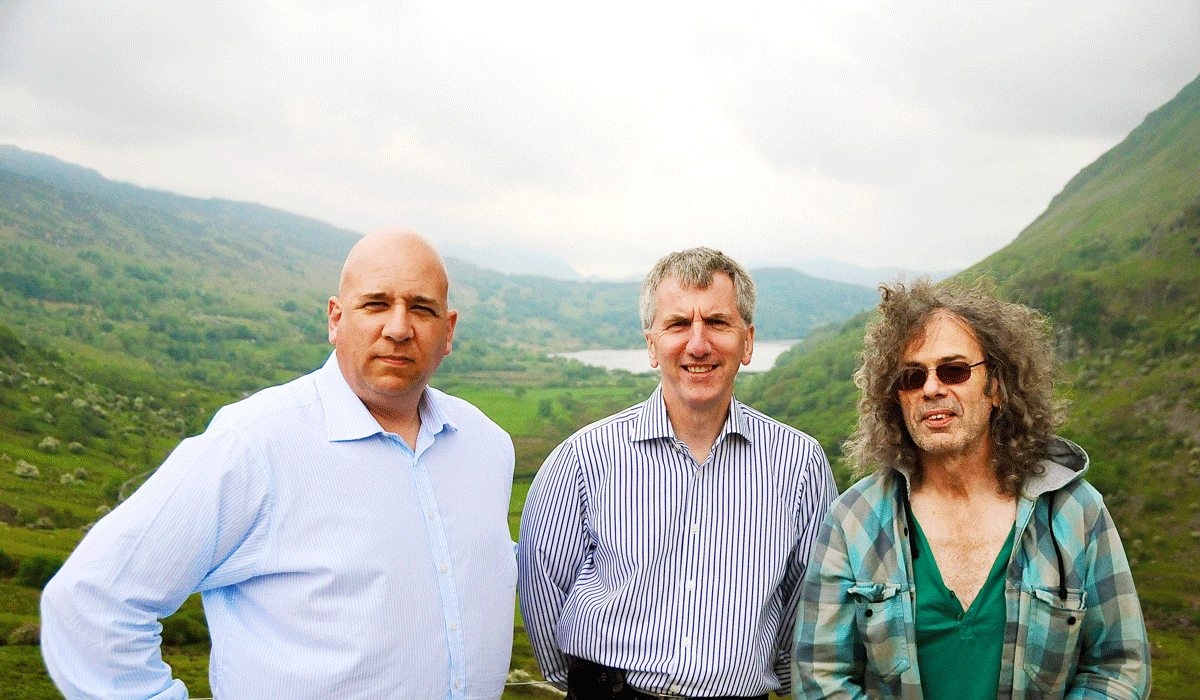Before my recent Welsh wanderings, I was last seen in the company of Cymraeg activists back in 1985 when Gaeilge groups from Belfast led a fact-finding mission to our Celtic cousins. Highlight of that visit was a night of rock music – all in Welsh – in the bar of a one-street little town on the windswept and isolated Llyn peninsula.
Before proceedings got under way, our hosts, faces grim, gathered us in a sideroom, to brief us on how best to handle this leg of a tour, which had made headlines from Cardiff to Caergbyi for including Sinn Féin members in its ranks.
The great and the good had rallied to urge Welsh language groups to give the delegation the cold shoulder, but in fact we found nothing but tight embraces and warm smiles at every turn. But we had also been keen to stress the need to build the peace at a time when the war was at its full fury.
Thus, we listened carefully as our hosts advised us to be on our best behaviour at the pub bash.
“What we don't want,” explained an earnest Welsh language activist, “is for people to get up on the tables at the end of the night to chant I, I, IRA.”
With equally grave countenances, we explained that nothing would horrify us more: we were there to speak about uniting Irish and Welsh enthusiasts, not to mouth war slogans.
“Apologies,” said our host, “you misunderstand me. I'm not referring to you guys, I'm talking about the mountainy men who will come in for the gig.”
As it turns out, the night passed without incident with nary a foot put on a table.
But since hearing that story and since making that memorable visit, I've always had a special place in my heart for the people of the Welsh-speaking heartlands. So when I got the chance last week to return to Gwynedd with a film crew from our sister company, Bóthar Ard, I jumped at the chance.
Leading the charge was Tom Trainor, CEO of the Ireland Institute of Marketing, who is making a programme about how other countries promote their native languages in order to find out how the Irish could up their game.
Thus far, Tom and team have been to Scotland, the Basque Country, and now Wales. In between, they've been speaking to some of the most inspirational people pioneering our own language revival.
In the town of Caernarfon, perhaps the biggest town in these islands where a minority language dominates, I was reminded of the phenomenal success of the Welsh language renaissance in a country where just over 20 per cent of its 2.5 million people speak Cymraeg. Normalisation, main-streaming and well-resourced strategies are all key.
That's why today in Caernarfon, you won't see a public sign which isn't bilingual and that's why the number of Welsh speakers, according to census returns, is on the increase.
In fact, when we returned to Dún Laoghaire, I was taken aback to see the monolingual ‘Harbour Police’ sign in the busy Irish port. They wouldn't tolerate that in Wales!
The fruits of Tom's labours will be seen on TG4 in the autumn.
FINALLY, let's all wish the affable new DUP Lord Mayor Gavin Robinson a successful year. He spoke eoloquently of his hopes for the city on his appointment – by unanimous decision of Council – when he took up the Mayor's chair last Friday. And he had a few magnanimous words for the outgoing First Citizen, Niall Ó Donnghaile, who had a standout 12 months.
I have no doubt Lord Mayor Robinson will rise to the high standards he has set himself. In fact, I've no doubt he'll even rise to speaking in Irish – to show he understands our language is as much a shared treasure of the city of Belfast as Welsh is a shared treasure of Wales.



